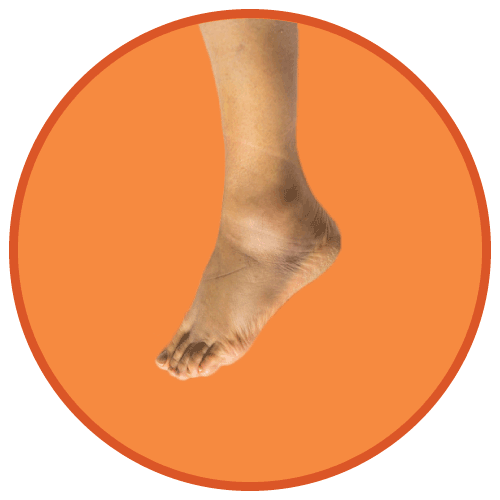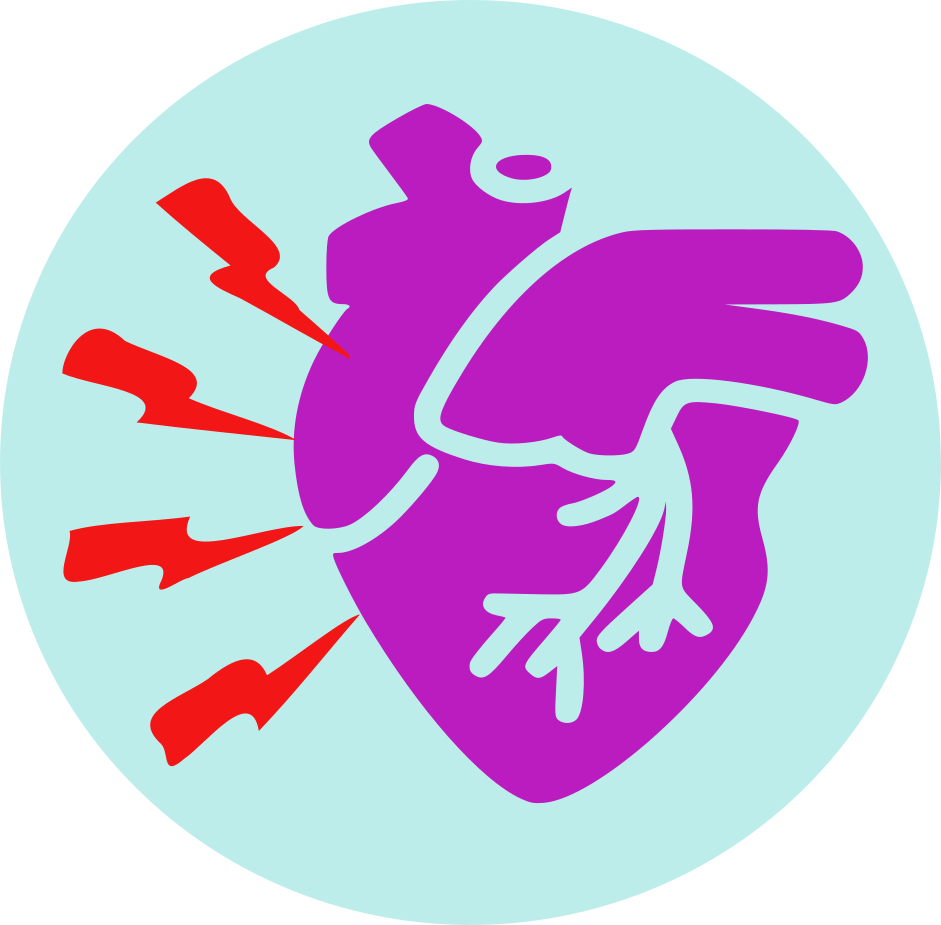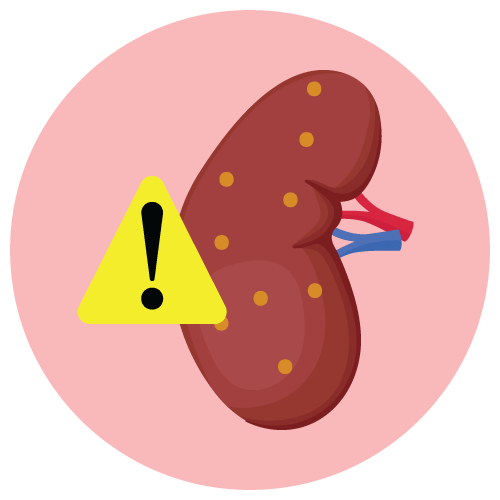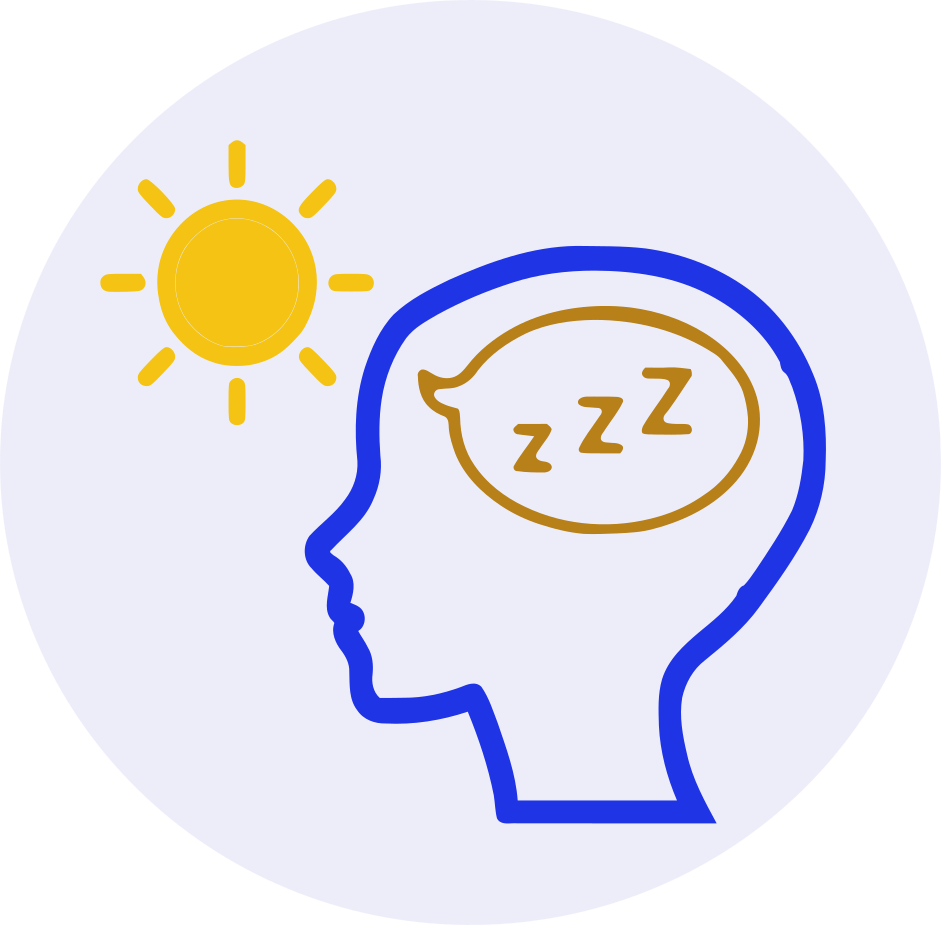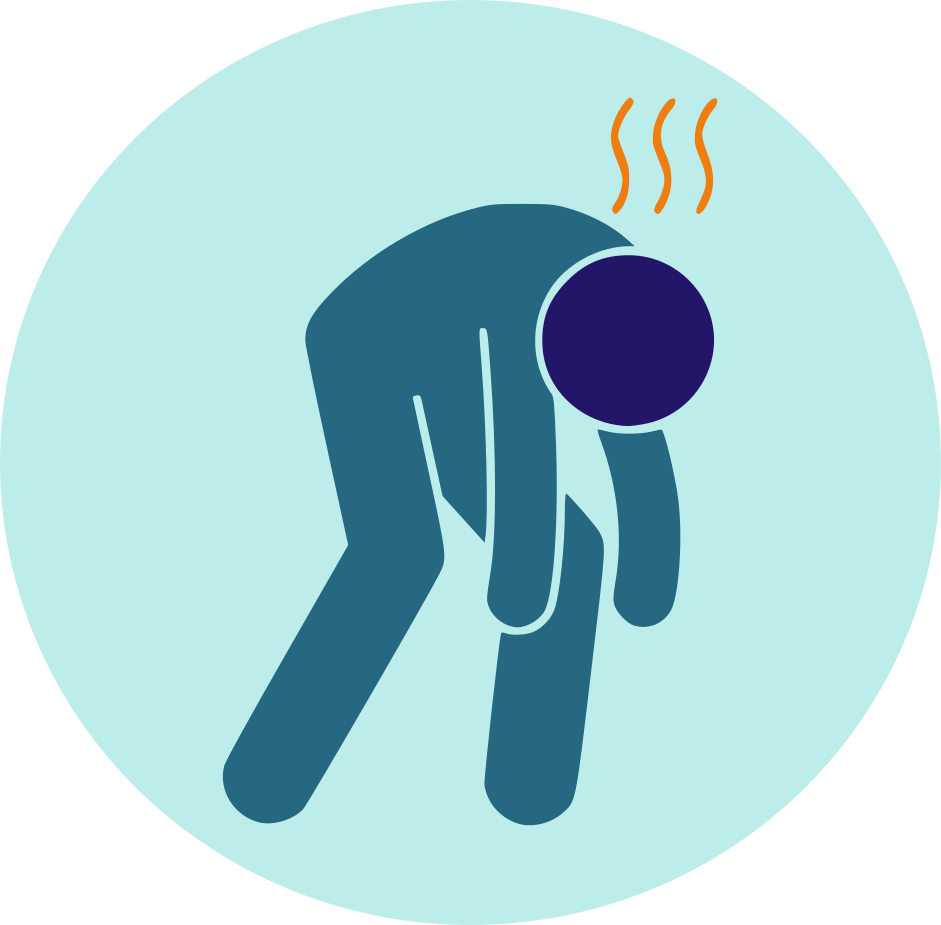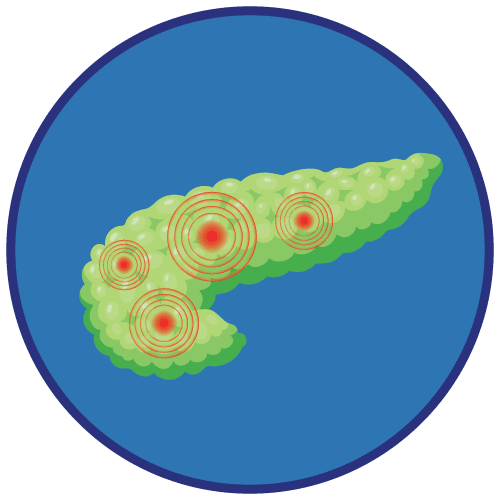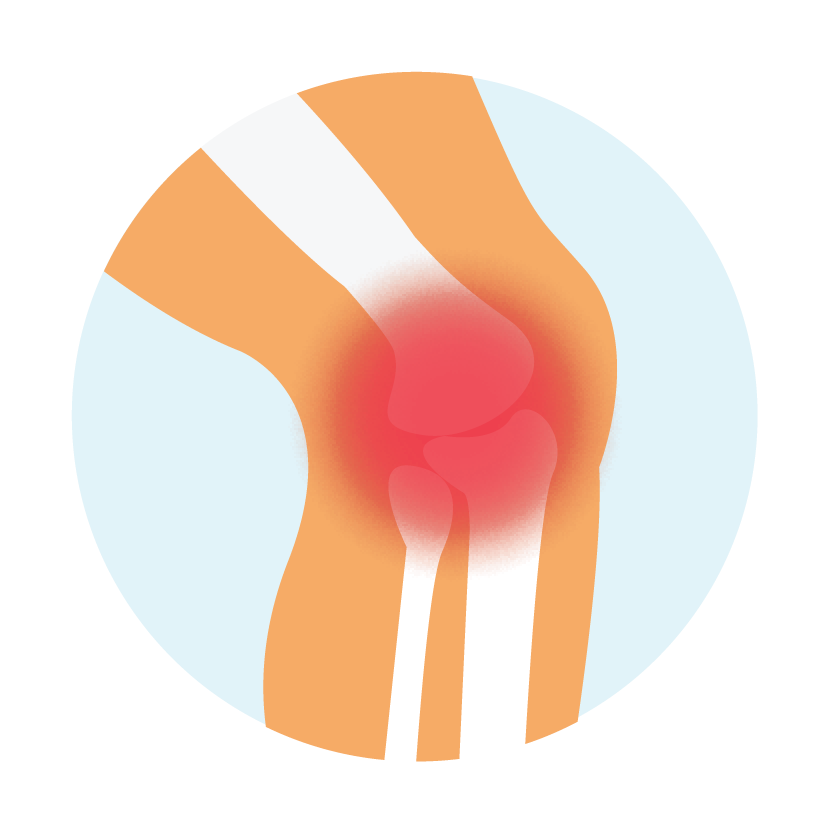| Name | Metolazone |
| Classes |
Cardiovascular Agent Diuretic Thiazide Diuretic |
| Diseases |
Cardiovascular Disease Hypertension (High Blood Pressure) |
Metolazone
Metolazone is a thiazide like diuretic. Metolazone blocks epithelial Na+ channel of the distal convoluted tubule. As a result Na+ is not reabsorbed causing its excretion along with water.
Metolazone is indicated for the following conditions-
- edema accompanying congestive heart failure
- edema accompanying renal diseases, including the nephrotic syndrome and states of diminished renal function.
- Edema of cardiac failure: Metolazone tablets, USP, 5 to 20 mg once daily.
- Edema of renal disease: Metolazone tablets, USP, 5 to 20 mg once daily.
- Mild to moderate essential hypertension: Metolazone tablets, USP, 2½ to 5 mg once daily.
Cardiovascular: Chest pain/discomfort, orthostatic hypotension, excessive volume depletion, hemoconcentration, venous thrombosis, palpitations.
Central And Peripheral Nervous System: Syncope, neuropathy, vertigo, paresthesia, psychotic depression, impotence, dizziness/lightheadedness, drowsiness, fatigue, weakness, restlessness (sometimes resulting in insomnia), headache.
Dermatologic/Hypersensitivity: Toxic epidermal necrolysis (TEN), Stevens-Johnson Syndrome, necrotizing angiitis (cutaneous vasculitis), skin necrosis, purpura, petechiae, dermatitis (photosensitivity), urticaria, pruritus, skin rashes.
Gastrointestinal: Hepatitis, intrahepatic cholestatic jaundice, pancreatitis, vomiting, nausea, epigastric distress, diarrhea, constipation, anorexia, abdominal bloating, abdominal pain.
Hematologic: Aplastic/hypoplastic anemia, agranulocytosis, leukopenia, thrombocytopenia.
Metabolic: Hypokalemia, hyponatremia, hyperuricemia, hypochloremia, hypochloremic alkalosis, hyperglycemia, glycosuria, increase in serum urea nitrogen (BUN) or creatinine, hypophosphatemia, hypomagnesemia, hypercalcemia.
Musculoskeletal: Joint pain, acute gouty attacks, muscle cramps or spasm.
Other: Transient blurred vision, chills, dry mouth.
- In patients with severe renal impairment, metolazone should be used with caution. Renal function should be checked on a regular basis while on thiazide therapy.
- Diuretic-induced hypokalemia can precipitate encephalopathy in patients with severe hepatic impairment.
- Fluid and electrolyte balance should be carefully monitored during Xaqua treatment, especially if the drug is used concurrently with other diuretics (risk of hypokalemia), corticosteroids, ACE-inhibitors, angiotensin-II-antagonists, and aldosterone antagonists.
- If the patient has primary adrenal insufficiency, also known as Addison's disease, diuretics should be avoided for hypertension treatment.
- Azotemia and hyperuricemia are possible side effects of thiazide therapy. Gout attacks in people with a history of gout have been reported infrequently.
Contraindication
Contraindicated in patients with hypersensitivity to metolazone or thiazide or sulfonamide drugs such as-
None known.
 Bangla
Bangla English
English